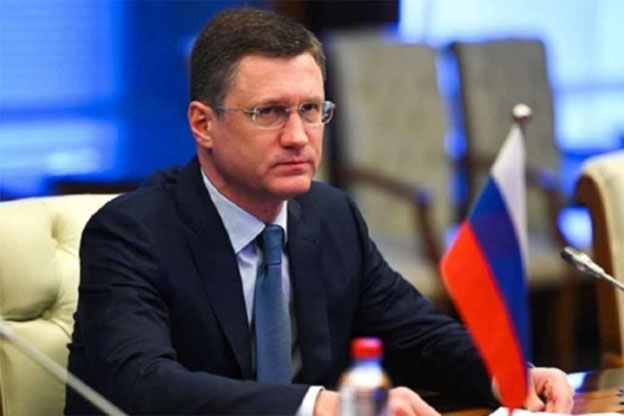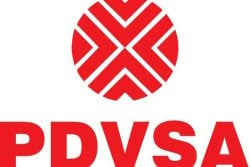Relations between Caracas and Moscow in the energy sphere appear set to take a ‘leap forward’ following a recent meeting between officials of the two countries in Moscow recently. During a meeting between Russia’s Deputy Prime Minister Alexander Novak and Venezuelan Oil Minister Pedro Tellechea, the two men reportedly discussed prospects for a partnership between Venezuela and Russia in the oil refining and petrochemicals sectors. A statement on Tuesday, attributed to the ‘Russian government’, also alluded to possible bilateral pursuits in the electric power industry. The two officials also reportedly discussed “interaction” between Venezuela and Russia within both OPEC and the Forum of Gas Exporting Countries (GEGF).
While Russia is not a member of OPEC, it is represented at OPEC meetings by virtue of its position as the second largest oil producer in the world. The release on the meeting between the two officials also alluded to the development of oil production projects in Venezuela with the participation of Russian oil companies. The news will almost provoke frowns of disapproval in Washington given the tight rein that Washington has held on Venezuela’s oil exports in recent years, a circumstance that has arisen over effective ‘control’ over Venezuela’s oil exports and by extension, the country’s energy sector. Going forward, Washington is also likely to have to contemplate the implications of any likely development of oil production projects within Venezuela with the participation of Russian oil companies.
News that Russia may currently be positioning itself to play a significantly expanded role in Venezuela’s oil sector could trigger new tensions in a region where both Washington and Moscow have their own proxies. The Russian Deputy Prime Minister is quoted as saying at the meeting that a strong basis of the trade and economic cooperation between the two countries “comes by way of production projects in the oil and gas sector which continues to demonstrate stability despite sanctions pressure on Russia and Venezuela.” Any strengthening of relations between Moscow and Caracas in the energy sector is likely to be treated by the United States as reason for strategic uneasiness. Whether, for example, the US will be comfortable having CHEVRON, one of its flagship oil companies, operating in the same geographic space with Russian companies is doubtful.
Under the severest of economic pressure from Washington, Venezuela’s trade turnover with Russia reportedly increased by 47% compared over the same period in 2022. The increase was reportedly due mainly to a doubling of exports of fertilizers and soybean oil from Russia. Caracas and Moscow are also reportedly demonstrating interest in mutual supplies of agricultural products, and resumption of Russian wheat exports to Venezuela on new commercial terms.






